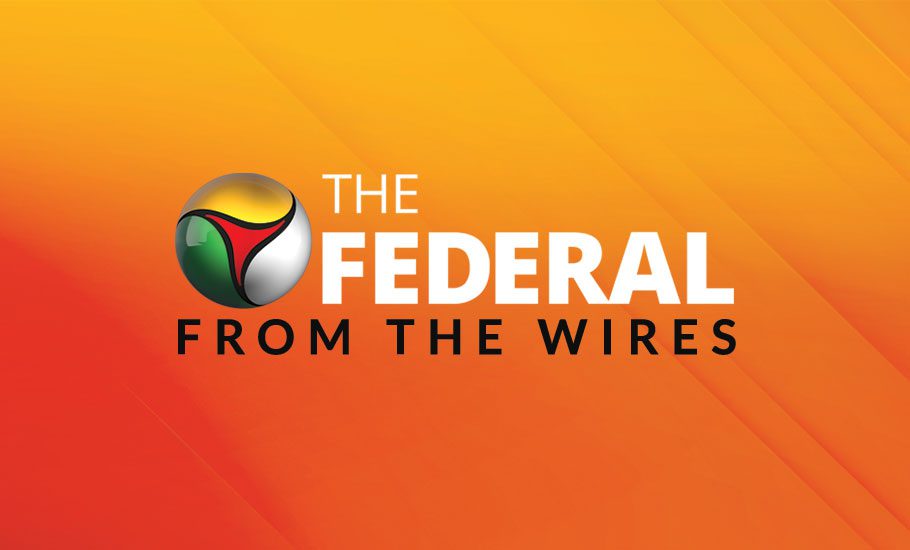
Post-COP15, India needs to align national goals with global framework: Experts

After the COP15 conference adopted a historic deal here last week to protect nature, experts believe the key challenge for India now is to align the national goals with the Global Biodiversity Framework (GBF) and take effective capacity-building measures at all levels.
The 15th Conference of Parties (COP) to the Convention on Biological Diversity (CBD) ended on a high note with nearly 200 countries, including India, adopting a historic deal to preserve nature and reverse damage to ecosystems after four years of fraught negotiations.
India, which is one of the Parties to the convention, pushed for Digital Sequence Information (DSI) to be considered under the CBDs access and benefit sharing mechanism, among many other targets during the run-up to the conference and through the anxious final moments until the Kunming-Montreal Global Biodiversity Framework (GBF) became a reality.
The Indian delegation was led by Bhupender Yadav, Minister of Environment, Forest and Climate Change along with a team of officers from the government.
India negotiated strongly and held discussions with the COP Presidency and the Secretariat of the Convention on Biological Diversity before the final Global Biodiversity Framework was put up for adoption, Yadav said.
“The suggestions from India to keep all the goals and targets, globally, were accepted, along with other propositions. Indias pitch for Lifestyle for Environment (LiFE), and common but differentiated responsibilities and respective capabilities found an echo in the GBF, he added.
The LiFE initiative was introduced by Prime Minister Narendra Modi at COP26 in Glasgow last year. It is a campaign to encourage mindful and deliberate utilisation, instead of mindless and destructive consumption to protect and preserve the environment, in line with the Frameworks Target 16 on sustainable consumption.
Vinod Mathur, former chairperson of National Biodiversity Authority (NBA) agreed, saying the Indian delegation made a significant contribution in developing consensus on several issues relevant to the developing South.
In fact, a majority of biodiversity-rich countries are located in Asia, Africa, and South America between the Tropic of Cancer and the Tropic of Capricorn.
The Chinese-brokered deal is aimed at saving the lands, oceans, and species from pollution, degradation, and climate change.
The GBF aims to conserve 30 per cent of land, inland water and ocean ecosystems by 2030, also known as 30 by 30.
India is already a member of the High Ambition Coalition (HAC), a group of over 113 countries that aims to bring 30 per cent of the worlds geographical area under conservation by 2030.
The Framework also commits countries to take effective legal, policy, administrative and capacity-building measures at all levels, as appropriate, to ensure the fair and equitable sharing of benefits that arise from the utilisation of genetic resources and from digital sequence information on genetic resources, as well as traditional knowledge associated with genetic resources.
DSI, which was adopted as part of the historic deal to save biodiversity at the COP15 conference, will ensure flow of funds to countries like India from users such as biotechnology companies which access its biodiversity and related genetic information, experts say.
With DSI becoming a reality, developing countries that are rich in biodiversity would benefit from funds to conserve their biodiversity. This will help the indigenous communities who conserve biodiversity and associate traditional knowledge in a big way, NBA Secretary Justin Mohan added.
Guido Broekhoven, Head of Policy Research and Development, WWF, said DSI will benefit India by financing more ambitious efforts on conservation that the country can implement.
I think there will be increased biodiversity finance related to these increased efforts for conservation. It is also clear that the transformation of these sectors to try and fund biodiversity loss needs to happen in an equitable way, he told
(Except for the headline, this story has not been edited by The Federal staff and is auto-published from a syndicated feed.)

